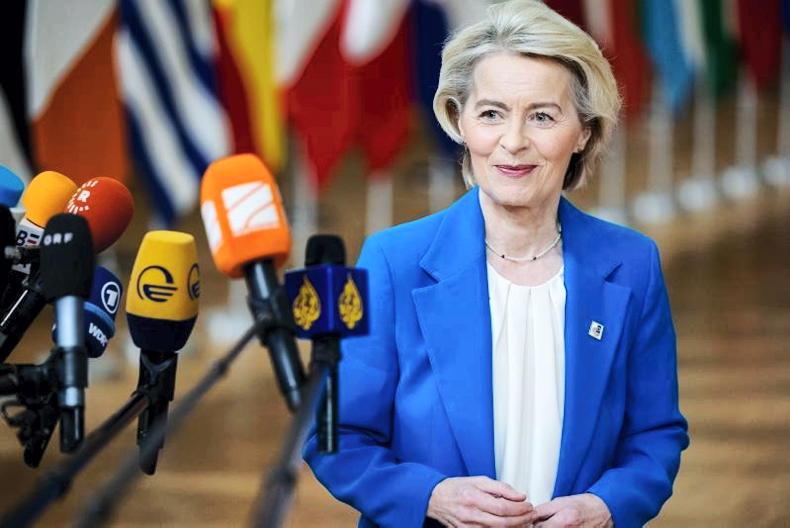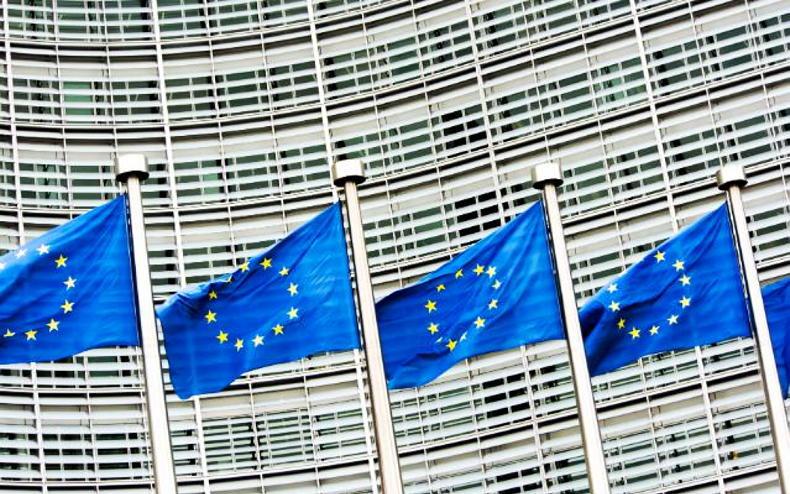Glyphosate is not carcinogenic, the European Union’s scientific expert committee has said. The news should bolster hopes that the universal weedkiller will have it’s licence, due to expire at the end of 2022, renewed.
The European Chemicals Agency (ECHA) tasked it’s Committe For Risk Assessment to re-examine glyphosate.
It found that “the available scientific evidence did not meet the criteria to classify glyphosate for specific target organ toxicity, or as a carcinogenic, mutagenic or reprotoxic substance”.
The expert grouping did find that glyphosate is toxic to aquatic life, and can cause serious eye damage.
It is not a new opinion, the same group found glyphosate not to be carcinogenic in 2017 when it previously examined it’s safety status.
It ultimately falls to politicians in the European Parliament and the member states to decide if glyphosate should have it’s licence renewed.
There is considerable public pressure to ban it following a US court decision that a formulation of glyphosate had been a cause of cancer.
Final Decision
As recently reported here, a final decision from the European Food Safety Authority (EFSA) and the ECHA will be delayed because of the huge volume of responses to the public consultation, which must all be sifted through.
That will take at least another year, requiring a rollover of the existing licence to prevent glyphosate’s licence from lapsing.
This latest scientific opinion will make that political decision much more likely.









SHARING OPTIONS